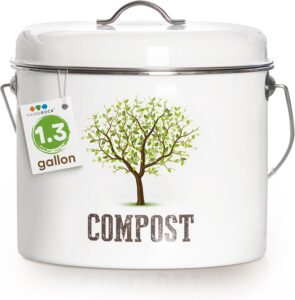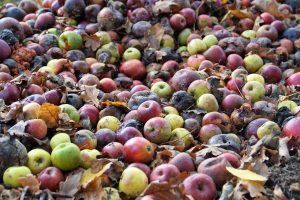Hey there, garden enthusiasts! Have you ever wondered how to boost your plants naturally? Well, we’ve got an exciting topic for you: compost tea. In this friendly guide, we’ll dive into what compost tea is and share a simple, step-by-step process to make it at home. Imagine giving your garden a nutrient-packed super-drink that promotes healthier growth and happier plants, all through organic means. So, let’s roll up our sleeves and explore the magic of compost tea together! Have you ever wondered what compost tea is and how it can benefit our gardens? If you’ve been hearing whispers about this magical elixir but aren’t quite sure what it entails or how to make it, you’ve come to the right place! In this article, we’ll demystify compost tea, explain its benefits, and guide you through the steps to brew your own batch at home.
What Is Compost Tea?
Compost tea is essentially a liquid extract derived from compost. It’s created by steeping compost in water, sometimes with additional nutrients and aeration, to extract beneficial microorganisms. These microorganisms, along with soluble nutrients, form an enriching liquid that can be sprayed on plants or soil to enhance fertility and promote plant health.
Why Use Compost Tea?
There are numerous benefits to using compost tea in our gardens. Here’s why you might want to consider integrating it into your gardening routine:
- Nutrient-Rich: Compost tea is packed with essential nutrients that help plants grow stronger and healthier.
- Disease Suppression: Beneficial microbes in compost tea can help protect plants from diseases.
- Soil Enrichment: It can improve soil structure and enhance the availability of nutrients in the soil.
- Environmental Benefits: Compost tea is an eco-friendly alternative to chemical fertilizers.
The Science Behind Compost Tea
Understanding the science behind compost tea makes it easier to see why it benefits plants. At the heart of compost tea are beneficial microorganisms, including bacteria, fungi, nematodes, and protozoa.
Microorganisms at Work
These microorganisms play a crucial role in breaking down organic matter and converting it into forms that plants can absorb. They also help suppress pathogens by outcompeting harmful organisms for resources. Here’s a closer look at some of the key players in compost tea:
| Microorganism | Function | Benefits |
|---|---|---|
| Bacteria | Decompose organic matter | Improve nutrient availability |
| Fungi | Break down tough debris | Enhance soil structure |
| Nematodes | Feed on bacteria and release nutrients | Control pests |
| Protozoa | Consume harmful bacteria | Increase nutrient cycling |
Nutrient Solubility
In addition to beneficial microorganisms, compost tea contains soluble nutrients. These nutrients are released into the water as the compost decomposes and can be quickly absorbed by plant roots or leaves when applied.
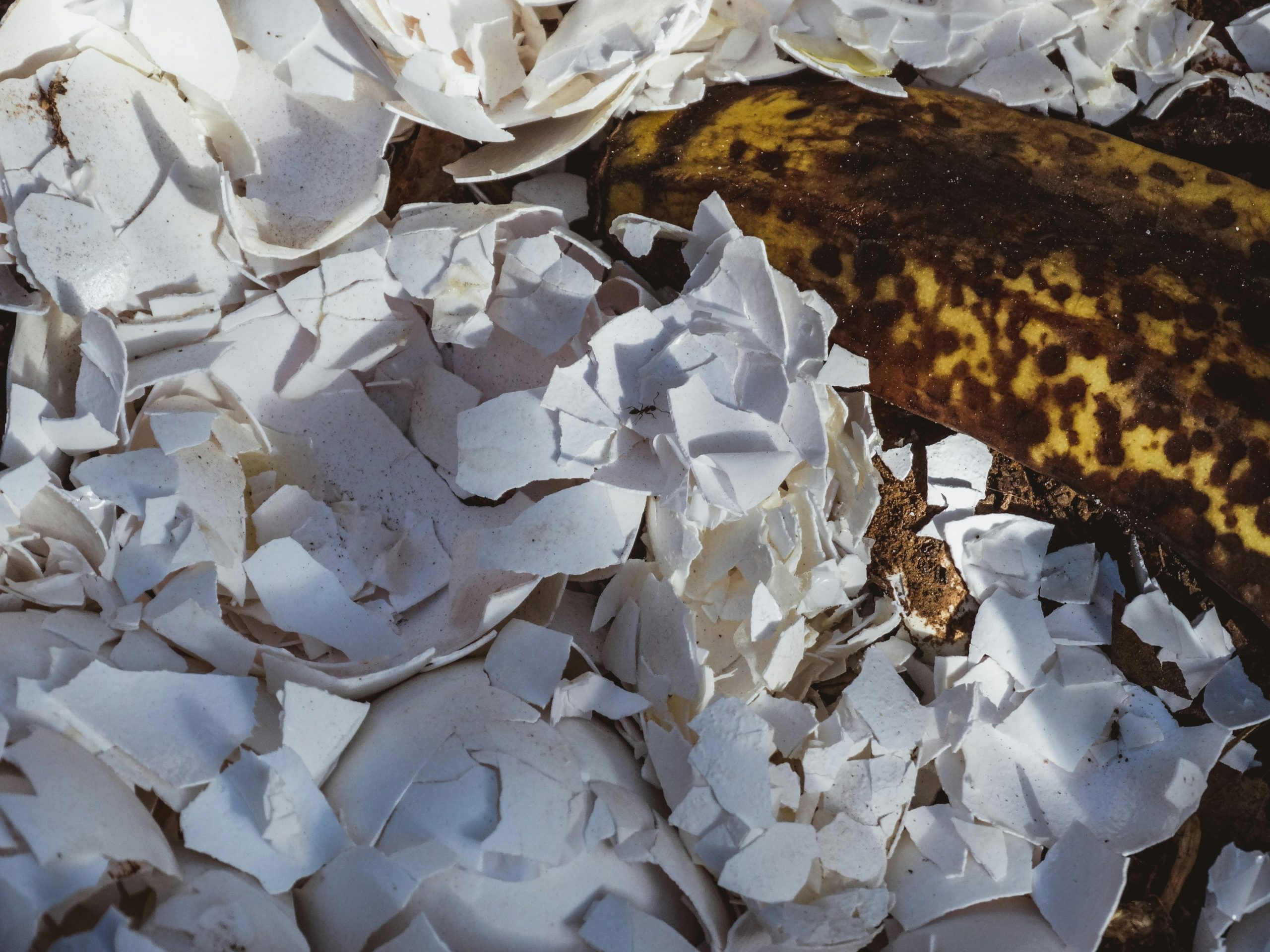
How to Make Compost Tea
Making compost tea is both an art and a science, but it’s also a fun and rewarding process. Let’s break it down into simple steps for you.
Materials You’ll Need
To get started, gather the following materials:
- High-quality compost (preferably homemade)
- Water (dechlorinated is best)
- A container or bucket (5-gallon works well)
- An aquarium pump and air stones (for aerated compost tea)
- A strainer or cheesecloth
- Optional: molasses, kelp, fish emulsion, and other additives
Step-by-Step Guide
1. Prepare the Compost
Ensure that the compost you use is mature and fully decomposed. Immature compost can harbor harmful pathogens that you don’t want in your tea.
2. Fill the Container
Fill your container with water. If you’re using tap water, let it sit for 24 hours to allow chlorine to evaporate. Chlorine can kill beneficial microorganisms.
3. Add Compost to the Strainer
Place about 1-2 cups of compost into a strainer bag or cheesecloth and tie it securely. Submerge this into the water.
4. Add Nutrients (Optional)
Add a tablespoon of unsulfured molasses to serve as food for beneficial bacteria. You can also add kelp, fish emulsion, or other organic nutrients.
5. Aerate the Mixture
If you’re brewing aerated compost tea, install your aquarium pump and air stones to provide a continuous flow of oxygen. This helps beneficial aerobic microbes thrive.
6. Brew Time
Let the mixture steep for 24-48 hours. During this time, the water will extract nutrients and beneficial microorganisms from the compost.
7. Strain the Tea
After brewing, remove the compost bag and strain the liquid to separate any solid particles.
8. Application
Use your compost tea immediately. You can apply it as a soil drench or a foliar spray. For spraying, make sure to use a sprayer with a fine nozzle to evenly distribute the liquid.
Tips for Successful Compost Tea
Quality Compost Matters
The quality of your compost tea is only as good as the compost you use. Always start with well-made, nutrient-rich compost.
Aeration is Key
For aerobic compost tea, providing enough oxygen is crucial. Aerobic conditions favor the growth of beneficial microbes and prevent the proliferation of harmful anaerobic bacteria.
Use Fresh Tea
Compost tea is most effective when used immediately after brewing. If you need to store it, do so in a cool, dark place and use it within a day or two.
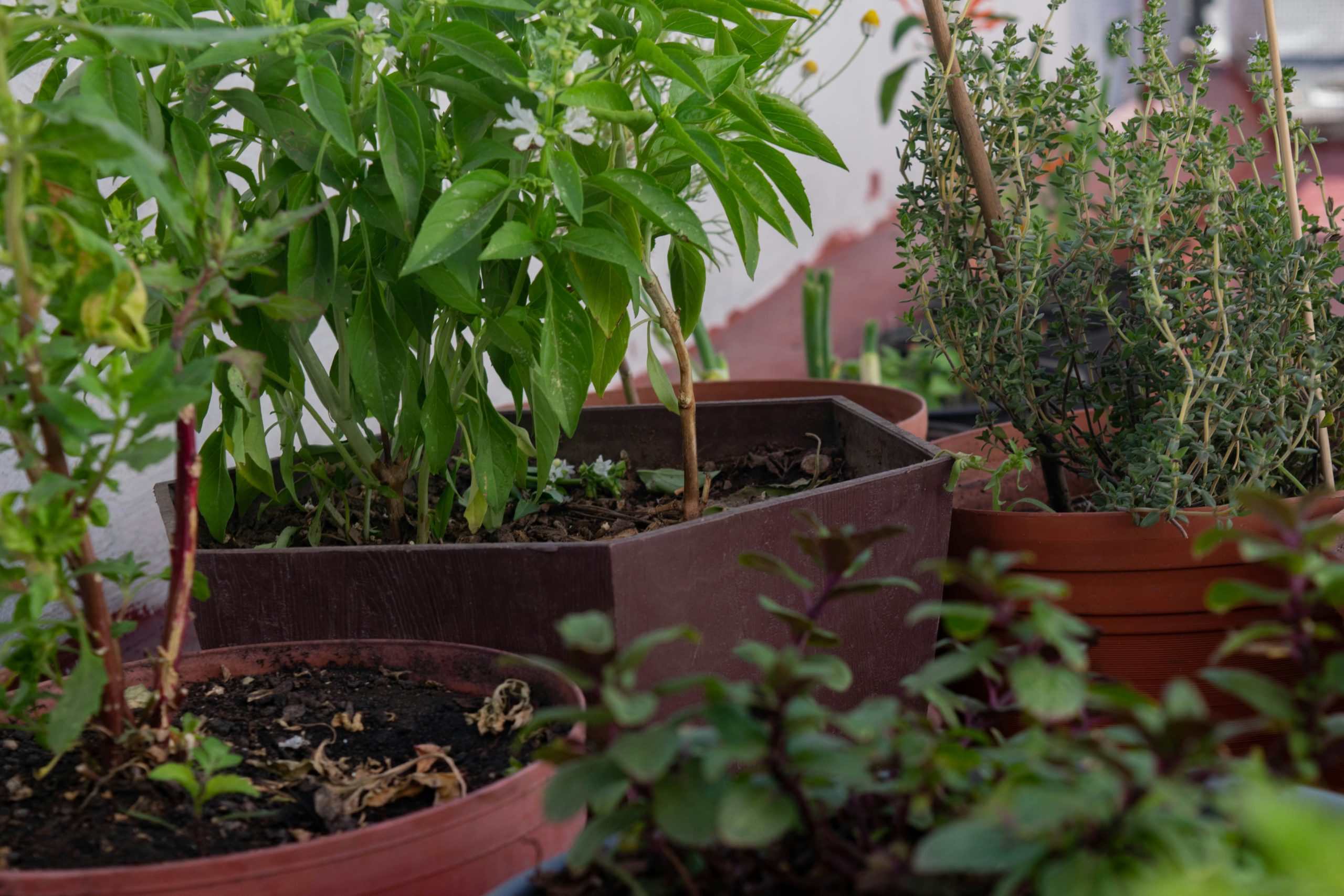
Troubleshooting Common Issues
Bad Odor
If your compost tea smells foul, it’s a sign that anaerobic bacteria have taken over. This can happen if there’s insufficient aeration or too much compost. Always ensure good airflow and stick to recommended compost amounts.
Mold Growth
White, fuzzy mold indicates beneficial fungal growth, while black or green mold suggests harmful pathogens. To control mold, ensure proper aeration and use high-quality, mature compost.
Poor Plant Response
If plants don’t respond well to compost tea, it may be too concentrated. Dilute the tea with water (up to a 1:10 ratio) and try again.
Advanced Techniques and Customization
As you become more experienced with making compost tea, you might want to experiment with different recipes and techniques.
Different Additives
Aside from molasses, you can try adding different nutrients to suit your garden’s needs. Here’s a quick guide:
| Additive | Benefit |
|---|---|
| Kelp | Provides micronutrients and growth hormones |
| Fish emulsion | Adds nitrogen and trace minerals |
| Worm castings | Boosts beneficial microorganisms |
| Humic acid | Enhances nutrient availability |
Hot vs. Cold Compost Tea
There are two main types of compost tea: hot and cold. Hot compost tea is brewed at higher temperatures (around 130°F) for a shorter duration (1-2 hours). Cold compost tea is brewed at room temperature over 24-48 hours. Each method has its benefits, and choosing one depends on your specific gardening needs.
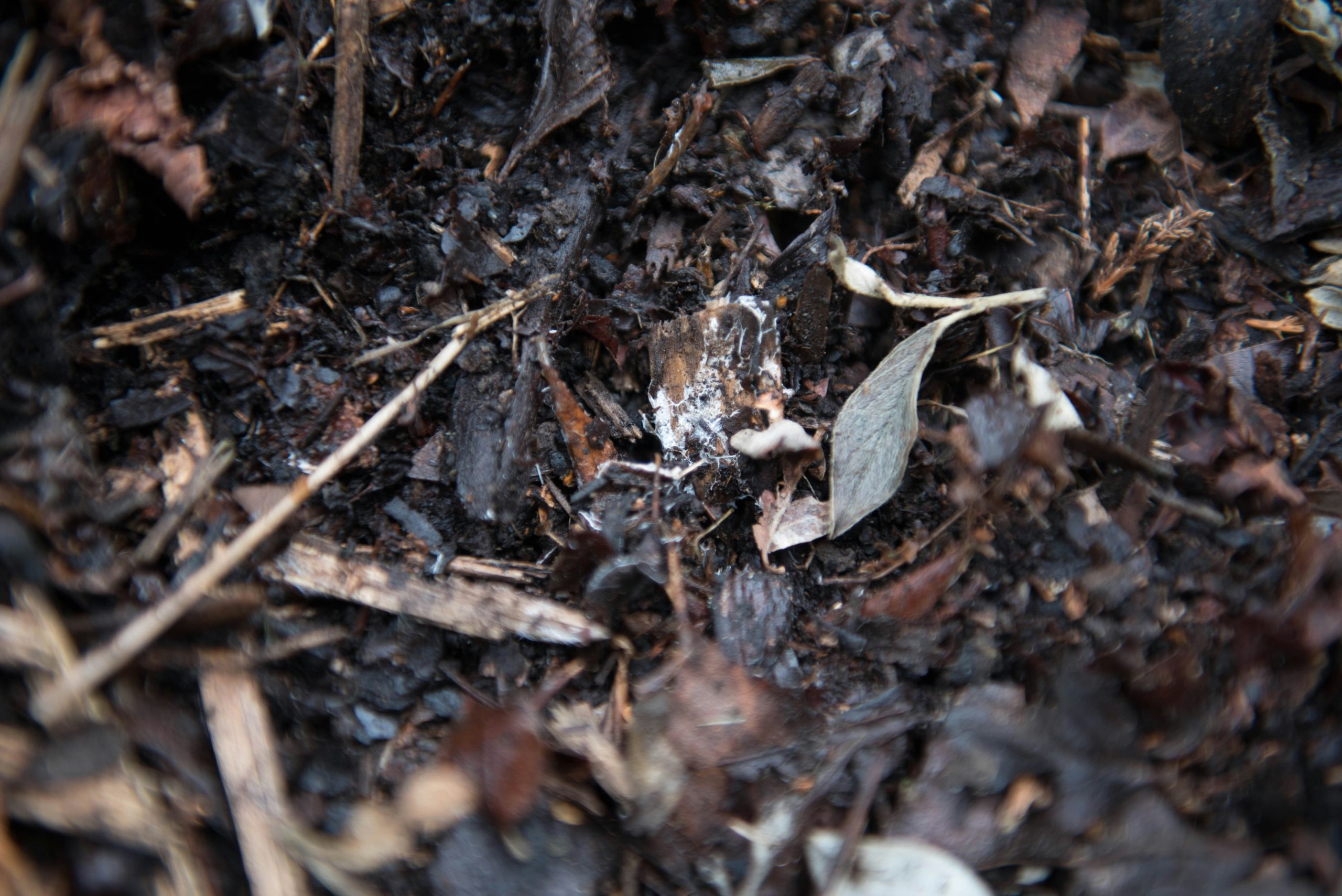
Environmental Impact
Using compost tea is not just beneficial for your garden, but it also supports sustainable practices. By utilizing organic waste and reducing reliance on chemical fertilizers, we contribute to a healthier ecosystem.
Waste Reduction
By converting kitchen scraps and garden waste into compost and subsequently into compost tea, we reduce the amount of waste that ends up in landfills.
Healthier Soil
Regular use of compost tea can improve soil structure, water retention, and biodiversity, leading to more resilient plants and reduced need for chemical interventions.
Expert Tips and Recommendations
Timing and Frequency
For best results, apply compost tea every 2-4 weeks during the growing season. Early morning or late afternoon is the ideal time for foliar sprays to avoid leaf burn from the sun.
Consistent Quality
To ensure consistency in your compost tea, maintain the same brewing conditions and nutrient ratios. Keep a journal of your results to refine your technique over time.
Learning Resources
Continue to educate yourself about compost tea and organic gardening practices through books, online forums, and local gardening groups. Sharing knowledge and experiences with fellow gardeners can significantly enhance your understanding and success.
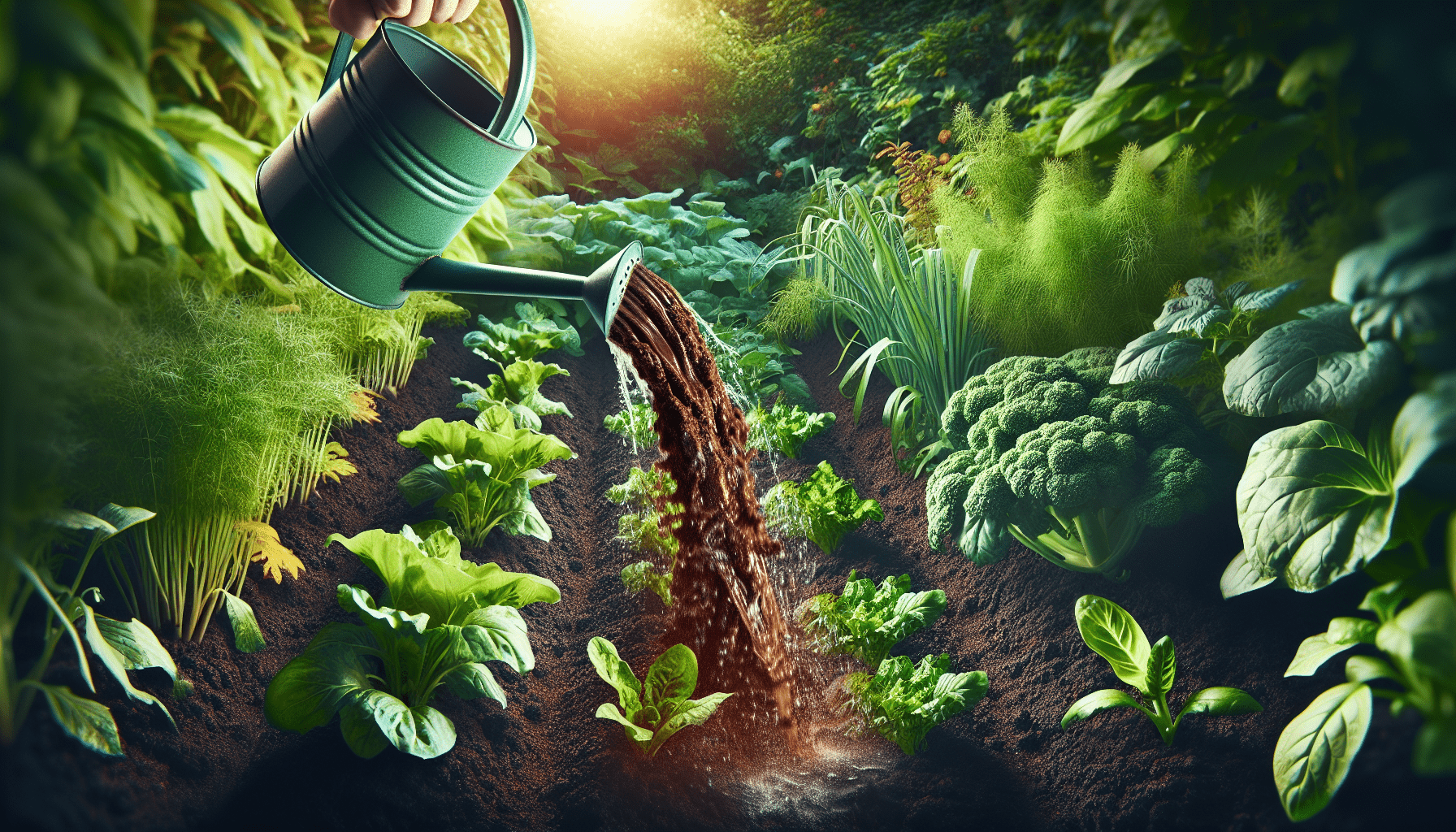
Conclusion
Compost tea is a powerful ally in our quest for healthier, more productive gardens. By understanding the science behind it, mastering the brewing process, and applying it thoughtfully, we can unlock its full potential. Whether you’re an experienced gardener or just starting, compost tea offers a natural and effective way to nurture your plants and soil.
So, what are you waiting for? Let’s get brewing and see the magic of compost tea transform our gardens!

